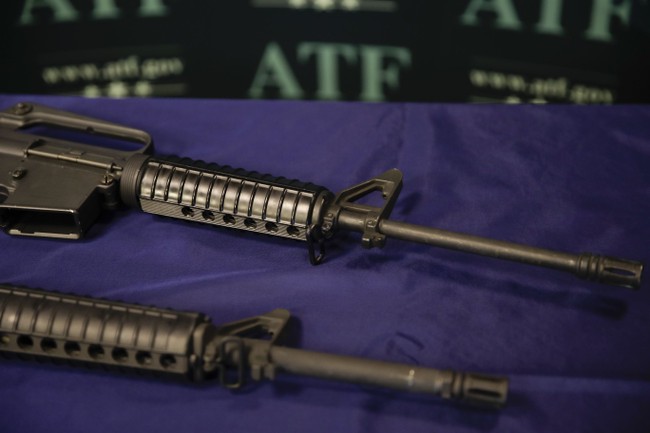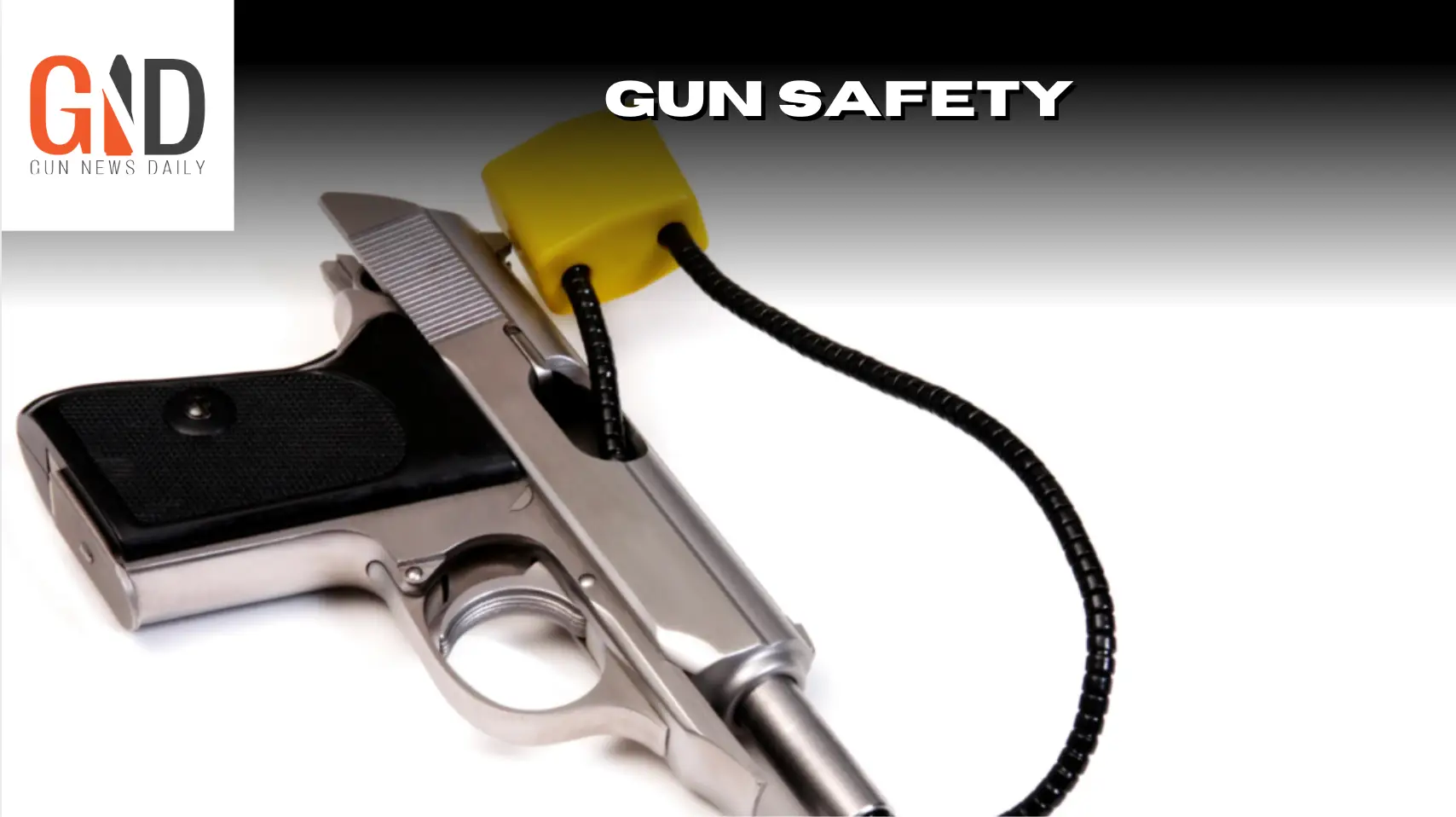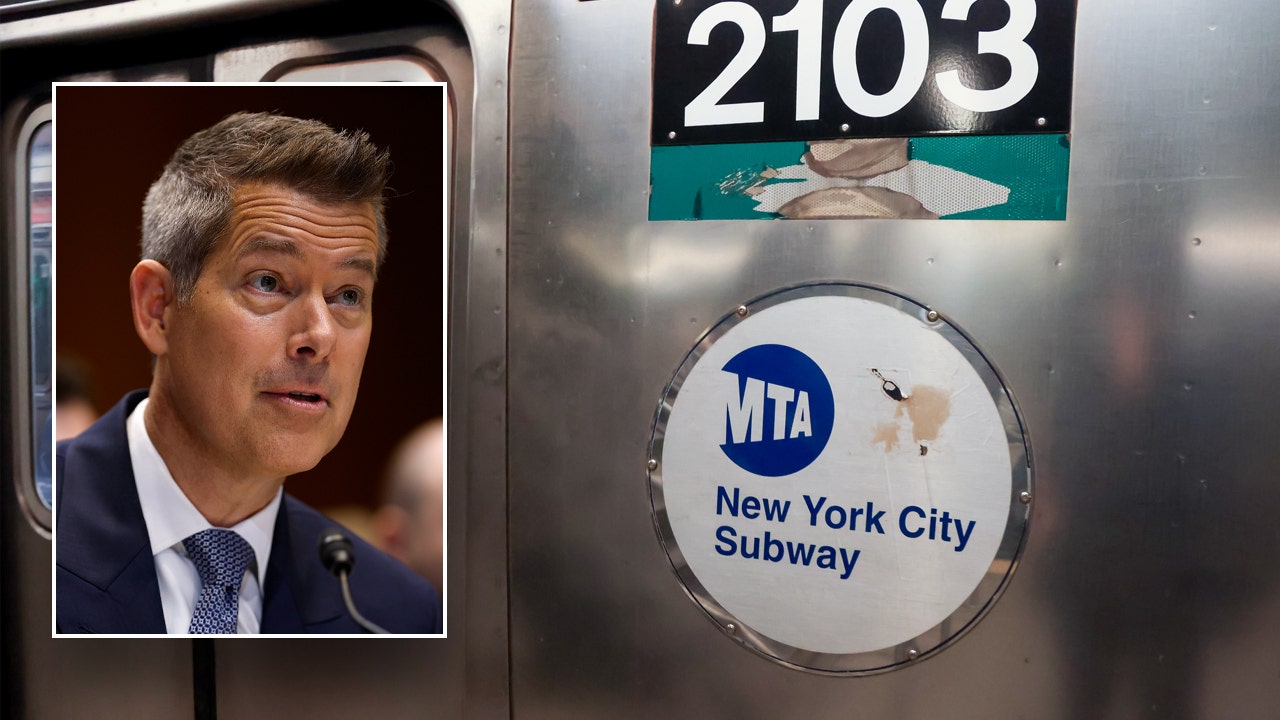A few years ago, the Biden Administration convinced the Bureau of Alcohol, Tobacco, Firearms, and Explosives to enact a ban on so-called ghost guns. These are kits capable of producing functional firearms quickly without having serial numbers associated with them for government tracking purposes. The ban was almost immediately challenged by more than two dozen GOP-led states, eventually being struck down by U.S. District Judge Reed O’Connor in Texas in 2023. with the U.S. 5th Circuit Court of Appeals upholding the decision. The Supreme Court narrowly upheld Biden’s position by a 5-4 margin later last year. Now they’re back for another bite at the apple. (Associated Press)
The Supreme Court will hear a challenge Tuesday to a Biden administration regulation on ghost guns, the difficult-to-trace weapons with an exponentially increased link to crime in recent years.
The rule is focused on gun kits that are sold online and can be assembled into a functioning weapon in less than 30 minutes. The finished weapons don’t have serial numbers, making them nearly impossible to trace.
The regulation came after the number of ghost guns seized by police around the country soared, going from fewer than 4,000 recovered by law enforcement in 2018 to nearly 20,000 in 2021, according to Justice Department data.
This is one of those odd gun control cases where I can actually sympathize with both sides of the dispute. The kits in question are not themselves “firearms” and are incapable of firing a live round. As such, they are not guns per se so their regulation, should any be required, should be the purview of Congress, not the executive branch. It is the intention of the owner who elects to install the required hardware needed to allow it to be fired that is called into question.
The situation is all too similar to that of people who purchase an AR-15 rifle. By default, those firearms are only capable of firing a single round each time the trigger is pulled. There is a relatively easy modification that can be made to them, however, that will allow them to be turned into what is essentially a machine gun, which is illegal. But that doesn’t make the manufacturer culpable. That was a choice made by the gun owner.
And yet these ghost gun kits are so ludicrously simple to obtain and use that even those with the most rudimentary mechanical skills can do it. The temptation was too much for many to resist, as was seen by the steep rise in ghost gun seizures in 2022 and 2023. At what point do government regulations cross the line from government babysitting to protecting people’s personal safety?
SCOTUS already sided with the Biden administration on this issue once. That only happened because Chief Justice John Roberts and Justice Amy Coney Barrett crossed the divide on the court and sided with the liberal justices. The possibility exists that they may switch sides yet again, shooting down this regulatory effort. But if not, restrictions on ghost guns may be here to stay.
Read the full article here






![Democrats ‘Stand for Illegal Alien Predators in Transnational Cartels’ [WATCH] Democrats ‘Stand for Illegal Alien Predators in Transnational Cartels’ [WATCH]](https://www.rvmnews.com/wp-content/uploads/2025/02/2025.02.04-01.20-rvmnews-67a2142050626.jpg)


